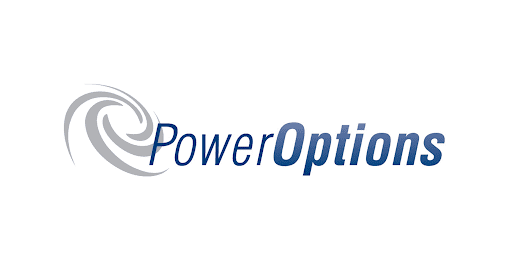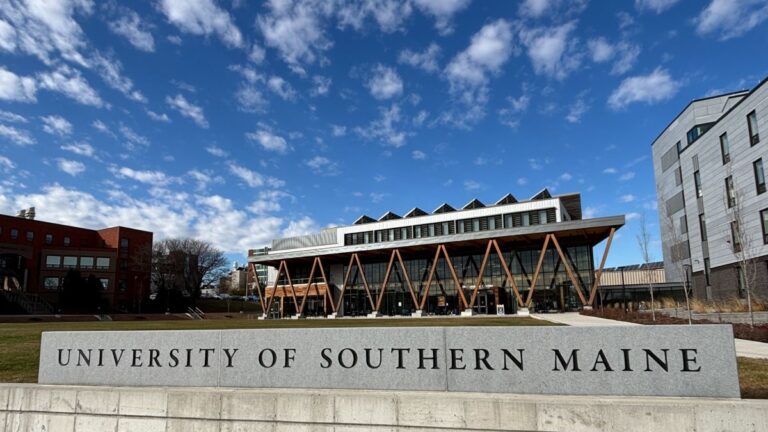Following deregulation, which forced municipalities, school districts and other state nonprofits to shop the open market for electricity just like homeowners or private businesses, several other northeastern states have formed groups similar to Maine PowerOptions. New York, Connecticut and Massachusetts each has an energy consortium that aims to save taxpayers money by buying electricity in bulk.
Boston-based PowerOptions runs an organization nearly identical in mission to the Maine program, though far larger in scale. The Massachusetts consortium manages $200 million in electricity sales, versus an estimated $35 million sold annually under the Maine PowerOptions program.
The group’s current electricity supplier, chosen through a competitive bid process similar to what happens in Maine, is Direct Energy, one of the country’s largest electricity companies. Boston PowerOptions claims it has helped reduce utility bills of its members by as much as 14 percent; the Maine program makes no such claims about its savings.
Unlike its Maine counterpart, Boston PowerOptions is registered as a non-profit 501(c)3 with the Internal Revenue Service, which requires conflict of interest and financial disclosures be made public.







